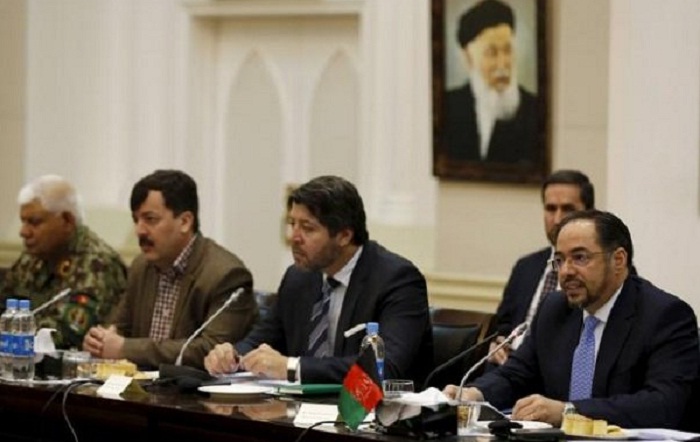There has been no end to the inconclusive debates on future of the Afghan peace process when Kabul, Beijing, Washington and Islamabad established the four-nation consultative group. There is no difference between results of the debates and fate of the peace process. Both are uncertain. However, the nation which rendered matchless sacrifices in the foreign imposed war is not concerned about outcome of the debates. They know that the opinions are biased at some points and don’t reflect the official stance. For Afghans it is the future of this country which matters. The future of the country hinges on success of the four-nation planned Afghan reconciliation process.
Earlier, the government was blamed for absence of a clear road map to engage the militants in healthy and conclusive talks to settle the conflict. Now we have to blame the Taliban because they do not want to show flexibility. In a statement on Saturday the insurgent group ruled out participation in the direct talks. The group stressed on its demand to reconcile with the government. They made three demands. Two of their demands could not be met especially withdrawal of foreign troops from the country. The reason is obvious. Looking at the current security situation, one can imagine the post-foreign troops’ withdrawal period if the peace talks failed. Afghan government will not be in position to lock horns with the militants on its own and defeat them in the battlefield.
In modern days, war is not fought by numbers but by technology and well-thought military strategies. Afghan government has none of these. The military strategies have resulted in fall of Kunduz City. The problem does not end here but the Taliban also have strong presence in Helmand. Out of 14 districts, the militants have presence in 10 districts of the restive province.
Since positions of the Afghan government and the militants are clear. Now it is up to the consultative group to revamp the stalled talks through pressure over the Taliban or launch a comprehensive cleanup operation. The coordination group had already hinted to take military action against the fanatics but it would be a difficult task because all members would not agree on this especially the one which is providing shelter to Taliban. To eliminate radical forces, it is necessary to build consensus over the group level. Confusion and disagreement would mean utter failure of the peace talks and beginning of a new era of violence and chaos.
Hopes of the nation are already fading. The government shall clear its stances that whether it is able to pursue the talks with help of the four nations or it has decided to fight to the bitter end. Delay in the decision will erode the public support for the government further.
 Afghanistan Times
Afghanistan Times




